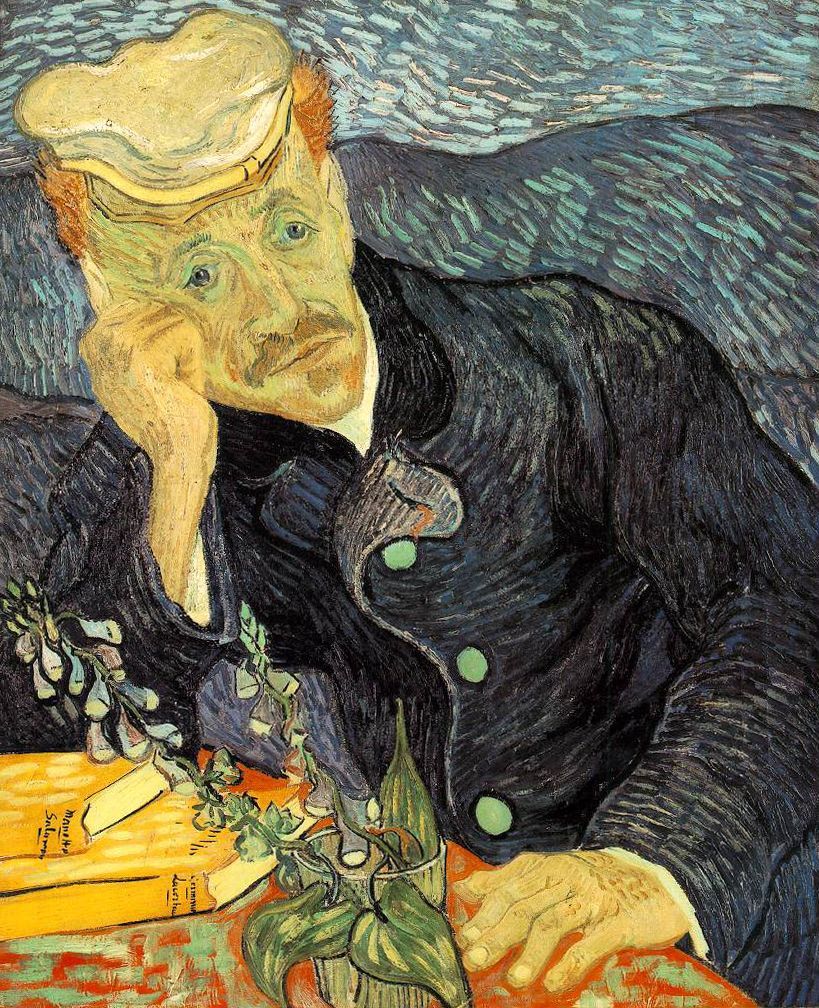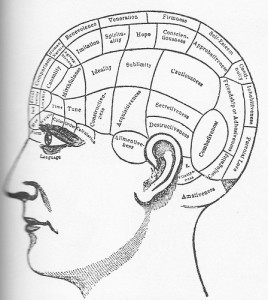It’s humbling how seductive the narrative is: “practice is going nowhere,” “my bad habits will never shift,” etc. Meditation doesn’t follow the linear trajectory that we’re all accustomed to.
So, in life, sometimes we speak kindly, and sometimes we yell at someone. Sometimes we forgive, and sometimes we resent. Sometimes we watch ourselves engaged in old, unskillful behaviors, and sometimes we don’t even notice them happening. And then at some point, regardless of how much we’ve bemoaned the pace of things or berated ourselves along the way, the fruits of our labor appear. Things are just suddenly (or gradually) different.
We can all afford to be kind with ourselves and trust this process to unfold at its own pace.



